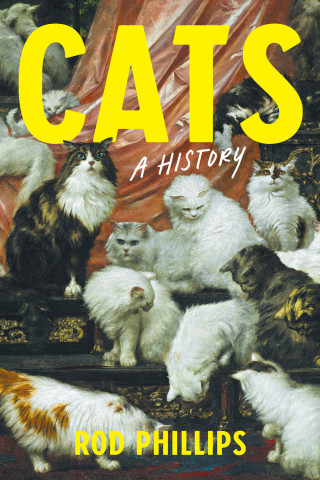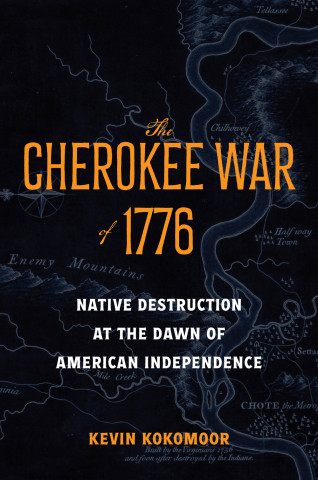
Reviews
Examing the multivocal sources of advertising and prescriptive literature, the author pieces together the complex messages to nineteenth-century women in particular about the acceptable consumption of sweets.
A unique exploration of the influences of sugar on the cultural and societal norms and mores of the 19th-century U.S.... Despite the inherent levity of the subject matter, Refined Tastes is a scholarly work with an extensive bibiography that will appeal to scholars of American history as well as those interested in family and consumer studies from a historical aspect.
It is a mine of information that will appeal as much to the historian as to the 'foodie', to the social anthropologist as to the pastry chef... While the book is clearly a fine document of social history, much of it feels as relevant and pertinent today as ever.
Elegantly structured and beautifully written... As simply an explanation of how Americans became such avid consumers of sugar, this book is superb and can be recommended highly.
Wonderful evidence... Woloson's book shows us just how indispensable the history of material culture is to any understanding of consumer culture.
Woloson provides an enlightening tale about the social identity of sweets, how they contain not just chewy centers but rich meanings about gender, about the natural world, and about consumerism.
A fascinating dissection of themes relating to the democratization of sugar and confectionery in American culture from about 1790 to 1910.
Refined Tastes provides us with a better understanding of the ambivalent attitude we have today toward sweets and sweetness.
[Woloson] does a fine job tracing the development of sugar both as an industrial as well as a cultural commodity. Her account is deftly peppered with details.
A thoroughly researched, exceptionally well-written, and very accessible account of the incorporation and transformation of sugar within American food and foodways in the nineteenth century.
A new and innovative way of looking at consumer appetites and culture.
This is an intriguing, highly original history of the democratization of sugar marketing in 19th-century America. Separate chapters narrate the evolution of children's candy, ice cream parlors, fine chocolates, ornamental sugar works, and homemade sweets. In tracing the various ways that sugar became more widely accessible and more widely used, this book stands within the growing literature that deals with the origins and evolution of modern consumer culture.
Book Details
Preface and Acknowledgments
Introduction: Refining Tastes
Chapter 1. Sugarcoating History: The Rise of Sweets
Chapter 2. Sweet Youth: Children and Candy
Chapter 3. Cold Comforts: Ice Cream
Chapter 4
Preface and Acknowledgments
Introduction: Refining Tastes
Chapter 1. Sugarcoating History: The Rise of Sweets
Chapter 2. Sweet Youth: Children and Candy
Chapter 3. Cold Comforts: Ice Cream
Chapter 4. Sinfully Sweet: Chocolates and Bonbons
Chapter 5. The Icing on the Cake: Ornamental Sugar Work
Chapter 6. Home Sweet Home
Conclusion. The Sweet Surrender
Postscript:. The Sweet and Low Down
Notes
Essay on Sources
Index





